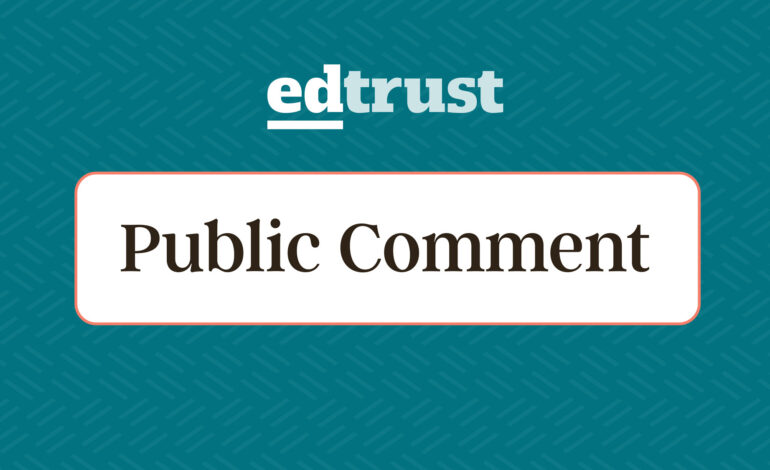
Exploring AI’s Impact on Modern Education Policies
The EdTrust press room sheds light on a joint statement regarding the Secretary’s priority on artificial intelligence in education. This statement highlights both opportunities and challenges posed by AI’s integration into educational frameworks. Let’s explore the implications and recommendations outlined in this pivotal commentary.
Understanding the Secretary’s Initiative on AI
The Secretary of Education’s supplemental priority on AI underscores the importance of integrating artificial intelligence into educational strategies to enhance learning outcomes. This initiative is not merely about adopting new technologies but emphasizes reshaping educational policies to prepare students for a rapidly changing world. By focusing on AI, the Secretary aims to advance personalized learning, optimize resource allocation, and foster analytical skills among students. As such, the move is geared to support educators in providing tailored educational experiences that cater to diverse student needs.
The Role of AI in Broadening Educational Access
Artificial intelligence holds the potential to dramatically increase access to quality education. By breaking geographical barriers and fostering inclusive learning environments, AI-driven educational tools can reach underserved communities efficiently. The joint comment stresses the need to ensure these AI solutions are equitable and unbiased, promoting fair educational opportunities for all students. Such technologies could adapt to different learning paces and styles, thereby leveling the educational playing field. The focus remains on delivering benefits across diverse socio-economic backgrounds without exacerbating existing inequalities.
Addressing Challenges and Ethical Considerations
While AI offers transformative potential, it also brings ethical considerations and challenges that need addressing. These include safeguarding student data privacy, preventing algorithmic biases, and ensuring AI’s role aligns with pedagogical goals. The joint statement urges stakeholders to create robust guidelines that protect learners’ interests. Furthermore, the importance of transparency in AI algorithms is emphasized, advocating for clear communication about how these systems operate and impact educational decisions. By addressing these factors, stakeholders can promote a trustworthy educational environment.
Conclusion
AI is set to redefine educational landscapes by offering innovative solutions and addressing existing inequities. However, this transformation requires careful consideration of ethical, social, and policy-related aspects to truly benefit learners. The Secretary’s initiative signals a crucial step towards integrating AI responsibly into education, ensuring it serves as a tool for progress rather than perpetuating disparities.





